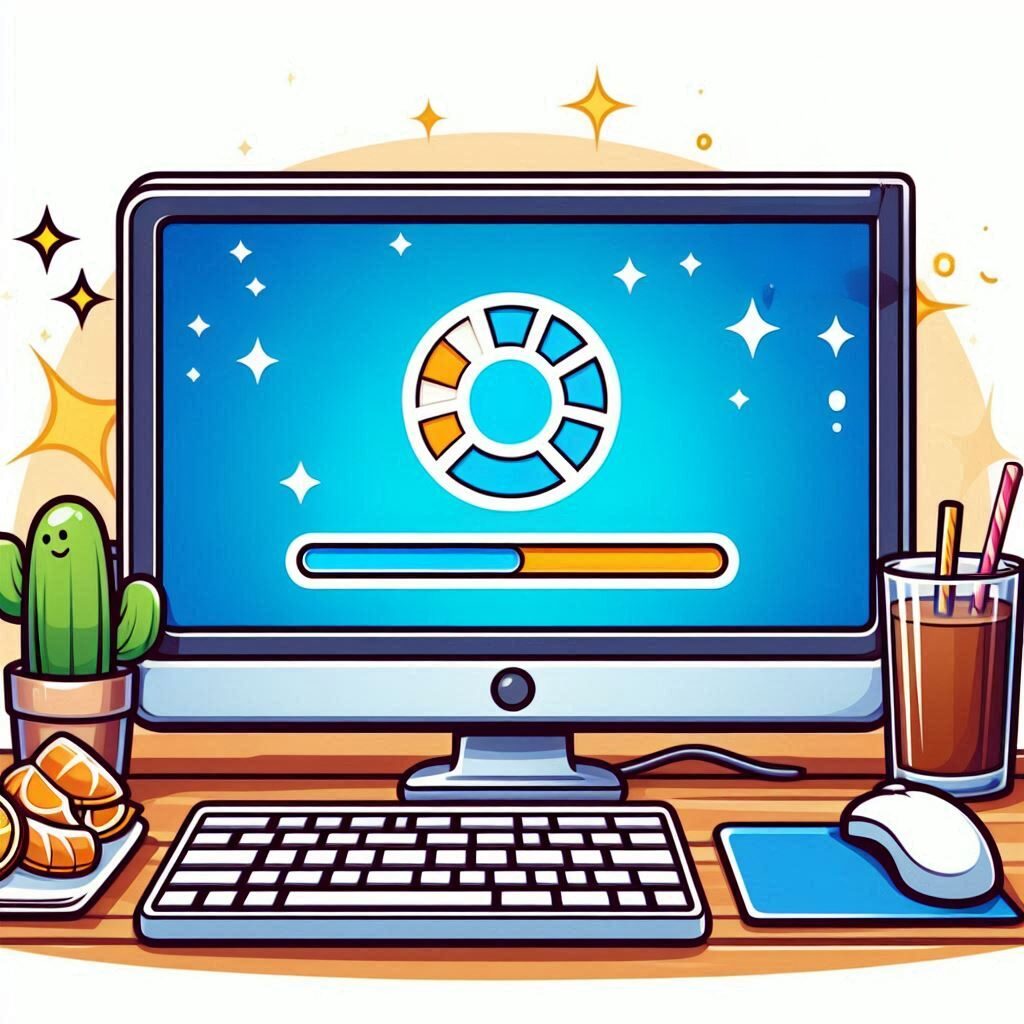The Vital Importance of Regular Software Updates
We’ve all been there—right in the middle of a crucial task, only to be interrupted by that pesky update notification. It’s tempting to hit “Remind me later” and carry on with your day. However, while updates might seem intrusive and annoying, they are essential for keeping your software—and your business—running smoothly. Let’s explore why keeping your software up-to-date is crucial, even if the timing sometimes feels inconvenient.
Enhancing Performance
One of the biggest gripes about software updates is the time they take. Who wants to pause their work for a seemingly endless update? However, consider the alternative: sluggish software that takes forever to load, crashes frequently, or can’t handle the demands of your tasks. Regular updates enhance your software’s performance, making it faster and more efficient. This means less frustration and more productivity in the long run. So, while the update might be a temporary nuisance, the performance boost is well worth the wait.
Strengthening Security
We all know that sinking feeling when we hear about another data breach on the news. Cyber threats are real and ever-evolving. Outdated software is a prime target for hackers looking to exploit vulnerabilities. Regular updates might feel like an intrusion into your workflow, but they are a critical defense mechanism.
The developers who create and maintain your software are human, and no matter how thorough they are, they can’t foresee every potential security flaw. The complexity of modern software systems is staggering, with countless lines of code and intricate interdependencies. This complexity means that despite their best efforts, developers can’t account for every possible scenario or threat.
Each update represents the hard work and dedication of these developers who are continually striving to protect your software from new vulnerabilities. They’re constantly learning, adapting, and implementing the latest security measures to keep your data safe. So, while it might be inconvenient to interrupt your work for an update, remember that it’s a necessary step to protect your sensitive information and maintain the integrity of your systems. Think of it as a small investment of time for a huge payoff in security.
Access to New Features and Innovations
Ever felt a twinge of envy when you see someone using cool features that your software doesn’t have? Updates often come with exciting new functionalities that can make your life easier and your work more enjoyable. Whether it’s a more intuitive interface, advanced tools, or new integrations, staying updated ensures you’re not missing out. Yes, the update process can be a hassle, but the new features can transform the way you work and keep you ahead of the curve.
Ensuring Compatibility
Imagine investing in a shiny new device only to find out your software isn’t compatible with it. Frustrating, right? Regular updates ensure that your software works seamlessly with the latest operating systems, hardware, and third-party applications. This compatibility is crucial for avoiding operational disruptions and ensuring that all your tech tools play nicely together. So, while that update notification might pop up at the most inconvenient times, it’s saving you from bigger headaches down the line.

Enhancing User Experience
Let’s face it: no one likes using clunky, outdated software. It’s frustrating and can lead to decreased productivity and morale. Updated software provides a better user experience with streamlined interfaces, fewer bugs, and improved reliability. Happy users are more productive and satisfied, which benefits everyone. So, next time an update disrupts your day, remember it’s paving the way for a smoother, more enjoyable software experience.
Making Time for Updates
While we all understand the importance of updates, finding the time for them can be challenging. Here are some practical tips to help you schedule and manage updates more effectively:
- Set a Regular Update Schedule: Designate a specific time each week or month for updates. This could be during a period when your workload is typically lighter.
- Utilize Downtime: Plan updates for times when you’re less likely to be working, such as during lunch breaks, meetings, or at the end of the workday. Many updates can run in the background while you take a break or focus on other tasks.
- Use Automatic Updates: Enable automatic updates whenever possible. This ensures your software stays current without requiring manual intervention. Just make sure your settings allow for updates to happen during non-critical times.
- Communicate with Your Team: If you manage a team, communicate the importance of updates and encourage everyone to follow a consistent update schedule. This collective effort can minimize disruptions and keep everyone’s systems running smoothly.
- Prioritize Critical Updates: Not all updates are created equal. Prioritize security patches and critical updates over minor feature enhancements. This ensures that the most important updates are applied promptly.
Staying Competitive
In today’s fast-paced market, staying competitive means staying updated. Businesses that leverage the latest software innovations are better equipped to respond to market changes and meet customer expectations. Falling behind on updates can result in lost opportunities and a weakened competitive position. Embracing regular updates ensures that your business remains agile and ready to tackle new challenges.
Conclusion
Yes, software updates can be annoying and intrusive, but they are a necessary part of keeping your systems running optimally. Enhancing performance, strengthening security, accessing new features, ensuring compatibility, enhancing user experience, and staying competitive are all compelling reasons to embrace updates. Next time that update notification pops up, take a moment to consider the long-term benefits and find a convenient time to install it. After all, if you had time to read this article, you probably have time for a quick update too. Embracing updates today ensures a more secure, efficient, and competitive tomorrow.